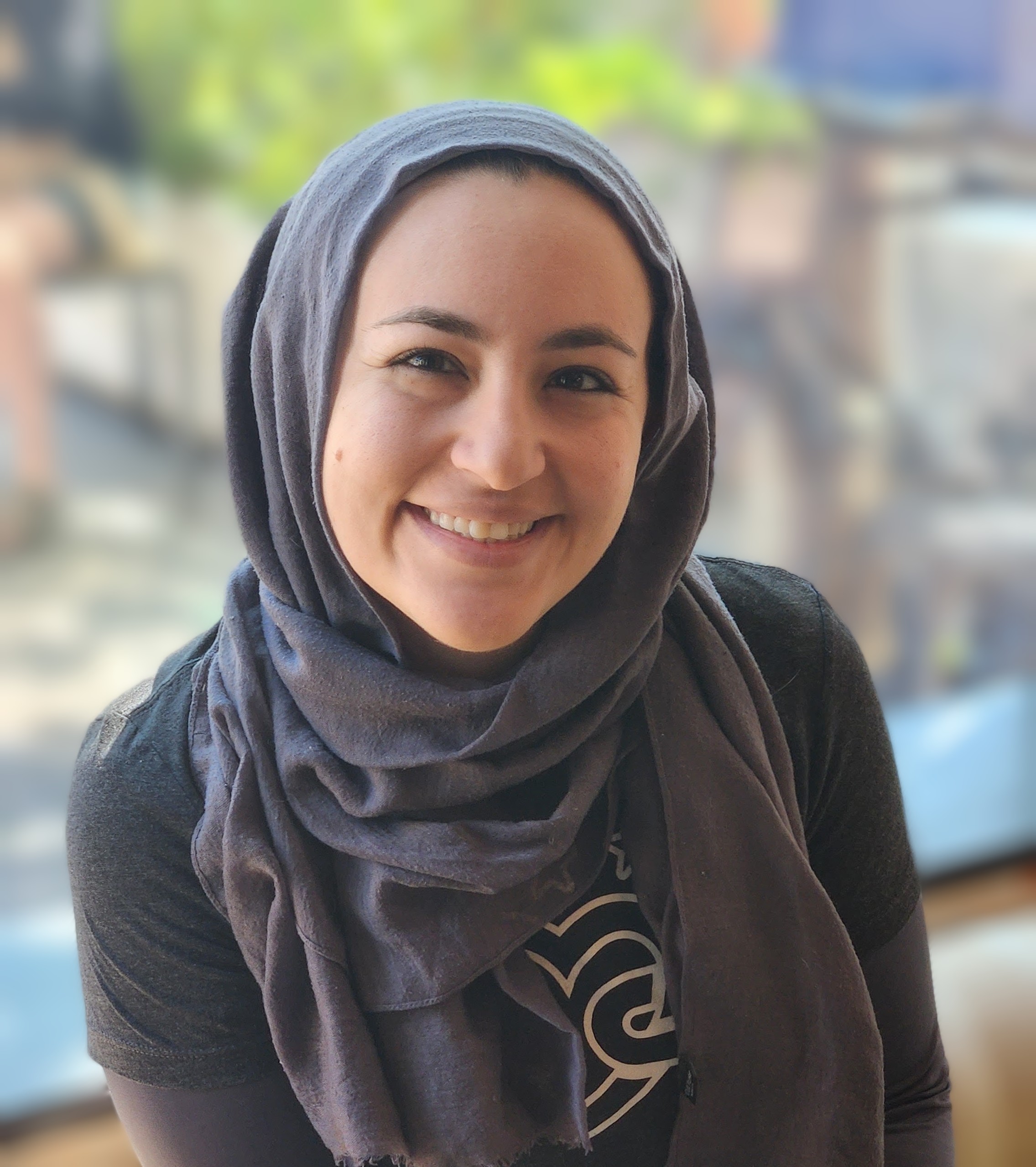Ahmed Naji: Egypt Prosecutes Artistic Freedom
When Egyptian novelist Ahmed Naji was acquitted of “harming public morality” in January 2016, civil society and the artistic community rejoiced at the judiciary’s decision reinforcing the country’s constitutional commitment to freedom of artistic and literary creativity. The celebrations were premature.
Published by The Lawfare Institute
in Cooperation With

When Egyptian novelist Ahmed Naji was acquitted of “harming public morality” in January 2016, civil society and the artistic community rejoiced at the judiciary’s decision reinforcing the country’s constitutional commitment to freedom of artistic and literary creativity. The celebrations were premature. This past week, on February 20, the prosecution’s appeal resulted in a two-year jail sentence for the talented author, the maximum punishment set forth by Article 178 of the Penal Code.
At a time in which the Egyptian government attempts to position itself as a key player in the country’s democratic transition, the sentence against Naji says otherwise and brings what began as a crackdown on political expression into the realm of non-political, creative fiction. Authors have previously served sentences for blasphemy charges and a similar case was brought against graphic novelist Magdy el-Shafei that resulted in a fine for his 2008 novel Metro. But if Naji’s verdict stands, his defense team believes that this may be the first time in modern Egyptian history that an author will serve prison time for explicit content in a work of fiction.
Naji’s case came as a result of a complaint filed by a reader claiming that an excerpt of the author’s fictional novel Istikhdam al-Hayat (The Use of Life) as published in Akhbar al-Adab had threatened said-reader’s sense of morality. The novel, which tells a story of love and friendship in Cairo, includes references to drug use and sexual acts; it had been approved by Egyptian censorship authorities and had been curated into exhibits, an animated film, and a multimedia performance.
The initial January trial, which featured testimonies from prominent defense witnesses, including the renowned writer and journalist Mohamed Salmawy and award-winning novelist Sonallah Ibrahim, resulted in a verdict that acquitted Naji for a “literary work from his own imagination.” In its reasoning, the court determined that establishing a fixed standard for assessing alleged violations of public morality would be difficult and that the Penal Code was too rigid to apply to matters of self-expression. Further, it also asserted that many of the references and words in Naji’s novel, which the prosecution argued harmed public morality, had been used in multiple contemporary and classical Egyptian literary works.
In blatant disregard for this earlier court’s unequivocal acquittal, the provision of Article 67 of the Constitution guaranteeing that artists and writers not be jailed for publishing their work, and Egypt’s international legal obligation to protect freedom of expression under Article 19 of the International Covenant on Civil and Political Rights, the Bulaq Criminal Court sentenced Naji in an appeal, also handing down a fine of 10,000 Egyptian pounds (about $1,278) to Tarek el-Taher, editor of Akhbar al-Adab.
Article 178 of the Penal Code, the provision under which Naji was sentenced, is unconstitutionally vague and legally imprecise. It criminalizes the making or holding “for the purpose of trade, distribution, leasing, pasting or displaying; printed matter, manuscripts, drawings, advertisements, carved or engraved pictures, manual or photographic drawings, symbolic signs, or other objects or pictures in general . . . against public morals.” The vastly different means by which “public morals” can be interpreted by people of vastly different backgrounds almost guarantees inconsistency in applying the provision and even more importantly, the violation of basic rights and freedoms.
Naji’s defense lawyers have submitted a motion to the Prosecutor-General asking that the prison sentence against their client not be implemented on the grounds that the sentence comes in contravention to the Constitution; this request is pending. If the motion process is unsuccessful, Naji’s lawyers will submit an appeal to the Court of Cassation, a process that is likely to take a minimum of six months.
Naji’s sentence represents an ominous step in the trajectory of freedom of expression in Egypt. For an author to be sentenced to jail time for the actions of fictional characters in a work of fiction reflects a severe intensification in the country’s crackdown against creative and artistic voices. In the last few months, Egypt has witnessed the detention of academics like Ismail Alexandrani, the harassment of social and political cartoonist Ismail Gawish for his artwork, and the raiding of centers like Merit Publishing House without providing reason.
What began as a crackdown on political dissent in Egypt via coercive protest legislation, an expansion of the military courts, and constraints upon civil society in the last few years, has now escalated into an attack on non-political and creative expression.




